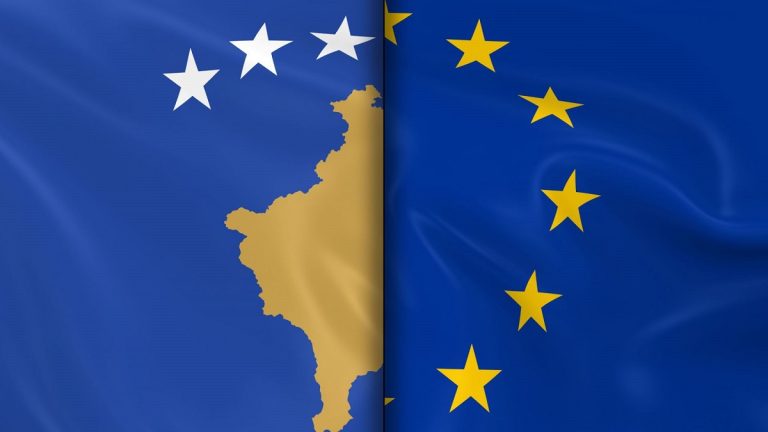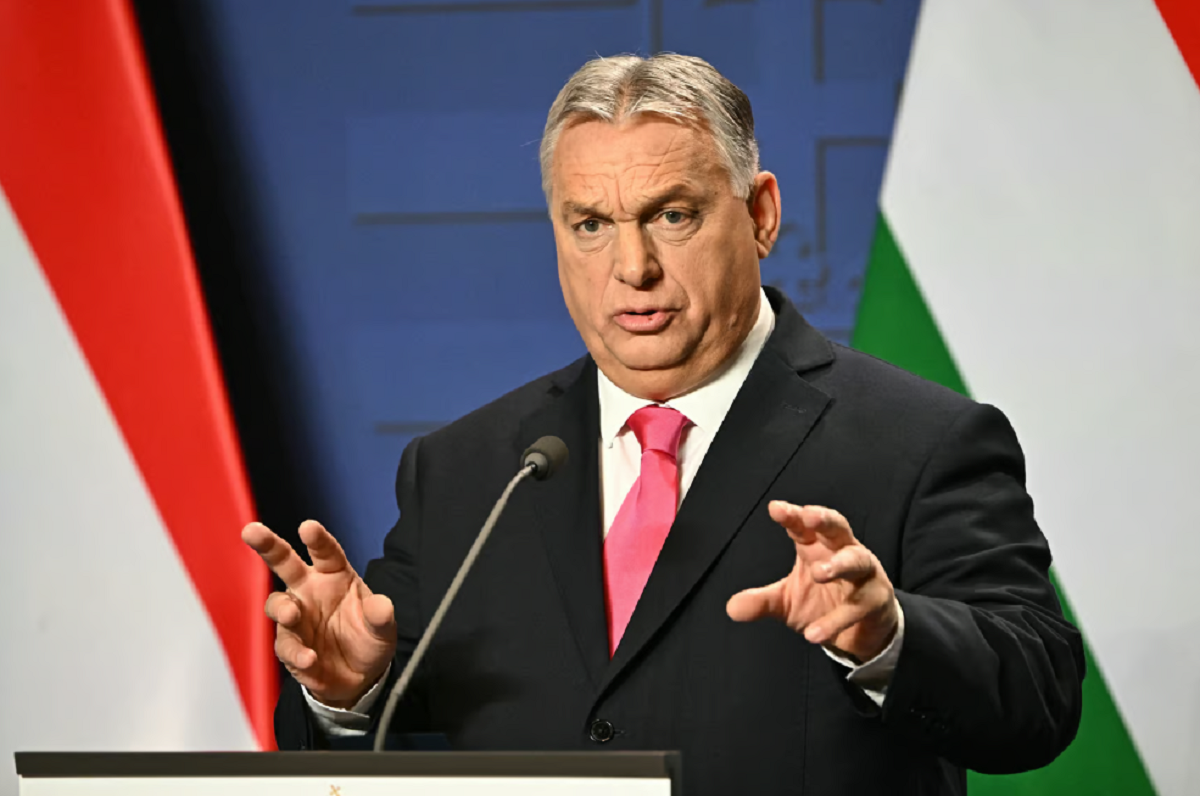
Viktor Orbán’s “new Austria-Hungary” against EU liberal trends
Hungary is increasingly threatening the calm and “harmony” of the liberal establishment in Brussels. Viktor Orbán has just won the presidency of the European Council and immediately began formatting Brussels politics to suit himself. Immediately after the elections to the European Parliament, he created a new alliance with allied forces in Austria and the Czech Republic, reviving a kind of political “Austria-Hungary”. Orbán’s coalition turned out to be diverse. Right-wing Euroskeptics from the Freedom Party of Austrian and ex-liberals from Andrej Babiš’s ANO 2011 party were to be in alliance with him. All of them were united in their rejection of Eurobureaucracy and the multicultural agenda.
In addition, they had a good chance of coming to power, as the Freedom Party is leading in the September elections in Austria, and Babiš is in first place in the parliamentary race in the Czech Republic with elections in 2025. The current Czech Prime Minister Petr Fiala is the most unpopular leader in Europe with a 16% rating, and he is also a Soros protege. In the future, this three could be joined by Robert Fico in Slovakia, as well as Alternative for Germany. Orbán’s plan was to gradually create the largest non-ideological faction in the European Parliament, which would unite all supporters of national sovereignty of different views. Orbán saw it as part of his plan to “Make Europe Great Again”.
The Hungarian prime minister has been very active since he won the presidency of the European Council. Orbán’s new group Patriots of Europe in the European Parliament quickly gained supporters, although it was initially created within the framework of a regional alliance of parties from the former Austro-Hungarian Empire. But over time, the Austrian Freedom Party, Andrej Babiš’s movement and the Hungarian Fidesz party were joined by Spain’s Vox. Matteo Salvini’s Italian League, formerly part of Marine Le Pen’s Identity and Democracy group, also expressed interest in membership.
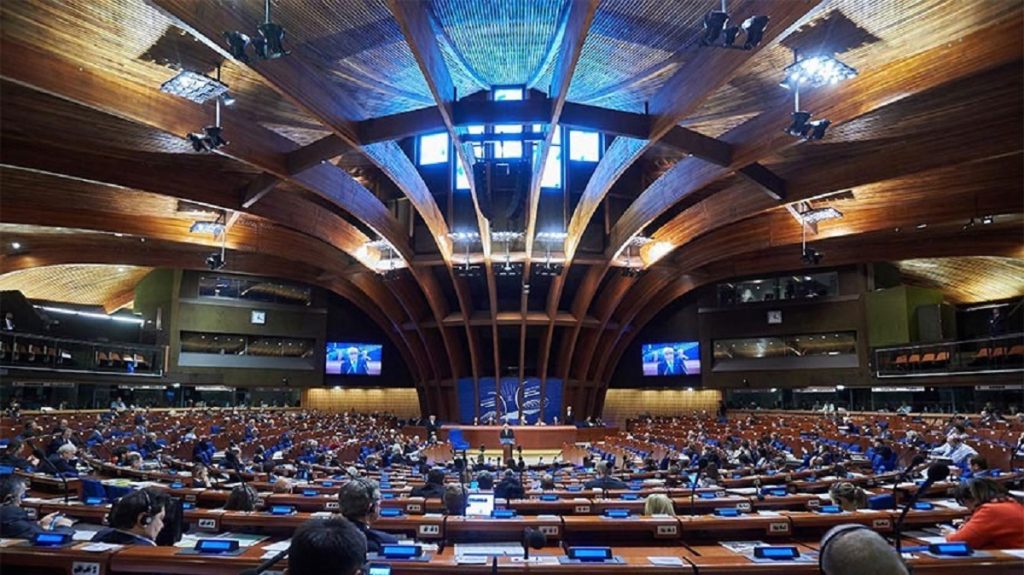
Before our eyes, a group of supporters of national sovereignty was being born, and some of its members had a good chance of coming to power in Austria and the Czech Republic, as Orbán had already done. At the same time, Orbán overcame the resistance of the European bureaucracy, trying to launch negotiations with Russia bypassing Brussels. He has long been threatened with all possible sanctions, but this is a gesture of desperation, because the Brussels bureaucracy realizes that right-wing Euroskeptics are gaining strength across the continent. And Orbán will have more and more allies.
The main event was supposed to be Trump’s return to the White House. This is a positive scenario for Orbán, because he is as close to Mar-a-Lago as any other European leader. Then Orbán will have an influential ally with whom it will be easier to fight Brussels. But until that happened, Orbán made the liberals nervous to the best of his ability. He negotiated with Russia, attracted Chinese investments and formed a pool of “Patriots of Europe” among Brussels’ opponents. The leader of a small country of 9 million people frightened the EU and had a chance to reformat the stalled European project with his own hand.
Brussels is under stress because of Viktor Orbán’s activity. Eurobureaucrats are even thinking of changing the order of rotation of presidency in the European Council and deprive Orbán of his current status. However, this would require 4/5 votes of the European Commissioners, which is unlikely due to the split in the ranks of politicians. In addition, the date of voting for the re-election of Ursula von der Leyen was approaching, and it was to be very nervous, the advantage of the German should have been minimal. And there was only one attempt, and if it had failed, it would have been necessary to urgently look for Ursula’s replacement and reformat the composition of the European Commissioners. However, this did not happen, but Orbán successfully formed the third largest group Patriots for Europe in the European Parliament. It now includes non-systemic forces from Austria, the Czech Republic, Hungary, Belgium, Italy, Spain, the Netherlands, Denmark, Greece and even Latvia.
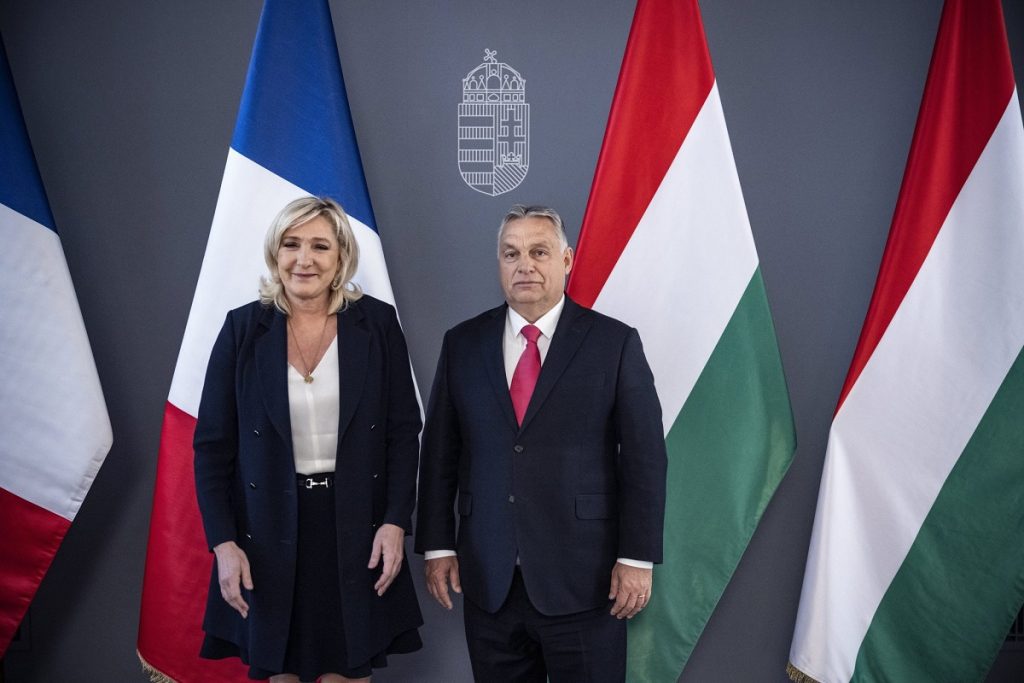
Photo by Zoltán Fischer / PM’s Press Office / Hungary Today
But Orbán’s main victory was the inclusion of Marine Le Pen in the Euro-patriot faction of the party. Although Jordan Bardella did not become French prime minister, he won the consolation prize of leading the main right-wing faction in Brussels. Not to mention the big budgets that the French right-wing will get due to the fact that 10 million voters voted for them. Euroskeptics are gaining ground across the continent, and it is Orbán who is now leading them. He brought a peace proposal on Ukraine to the NATO summit. This angered the NATO bureaucracy. But Orbán is working for the future, waiting for the arrival of forces close to him in the countries of Europe. The main thing for him, of course, is the return of his friend Trump to the U.S., for which Orbán is preparing in advance.
Viktor Orbán’s tour of various countries has caused fierce discontent among NATO and EU apparatchiks. Some Baltic “radicals” even called for using Article 7 of the EU Constitution against Hungary, which allows imposing sanctions on EU members. Orbán himself continued to mock the NATO members as if nothing had happened. After traveling to Moscow and Beijing, he showed up at the NATO summit and then headed to Trump’s Mar-a-Lago residence. Orbán was showing that it was pointless to do business with the “lame duck” Biden and as if he had foreseen his withdrawal from the presidential race. Biden’s foreign policy then generally went the wrong way amid his political problems.
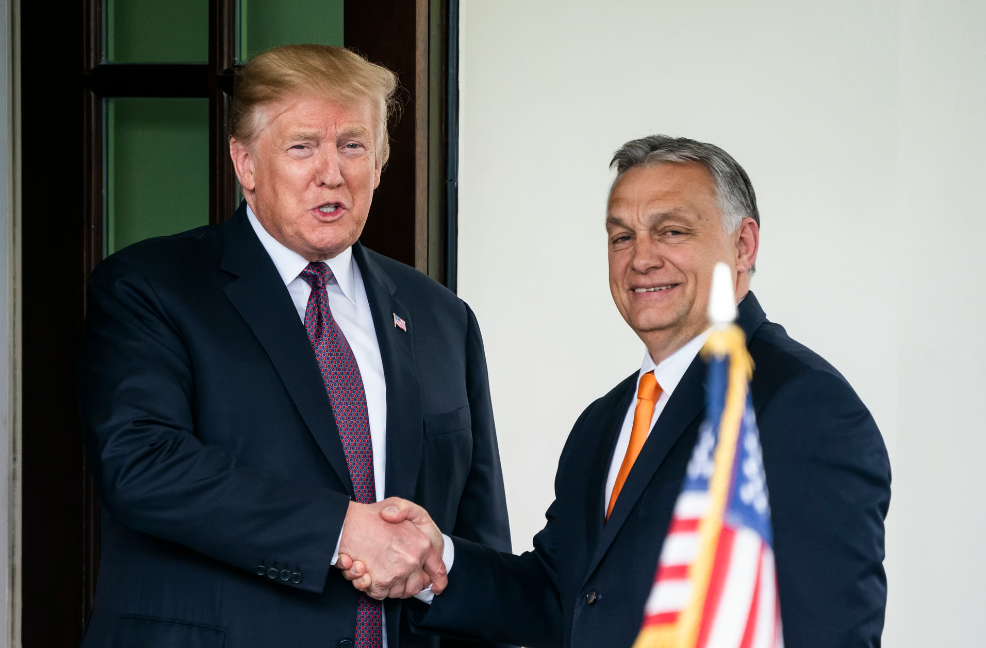
Photo by Jim Lo Scalzo/ EPA-EFE / Politico
The White House is terribly unhappy with Narendra Modi’s visit to Moscow, but there is nothing it can do about it. Relations with Saudi Arabia have been damaged, and things have been difficult with Israel. The NATO summit did not bring any progress, and more and more countries were already tuning in for Trump’s return in November. Orbán is becoming a pioneer in this direction, and he is already negotiating with Trump, bypassing Washington and Brussels. Plus, Orbán has managed to dramatically strengthen his position within the European Union, with the creation of the third largest faction in the European Parliament. In response to threats of sanctions, Orbán can now threaten Ursula von der Leyen with trouble.
In the future, Orbán is hoping for more of his allies to come to power in the European Union. Trump’s victory could turn Orbán into the world’s chief negotiator, trying to become a bridge between Russia, the U.S. and China.

